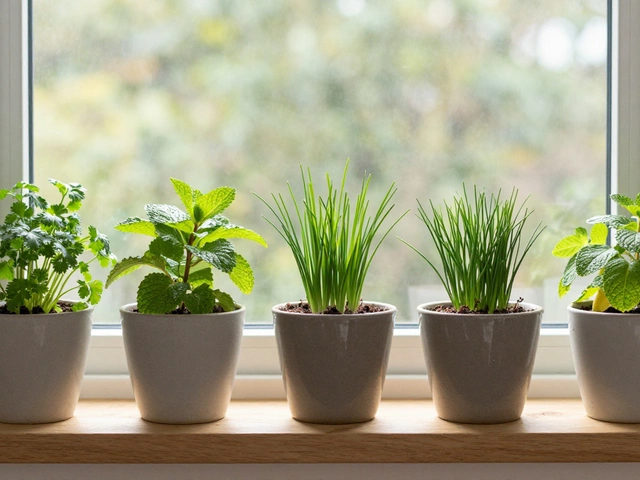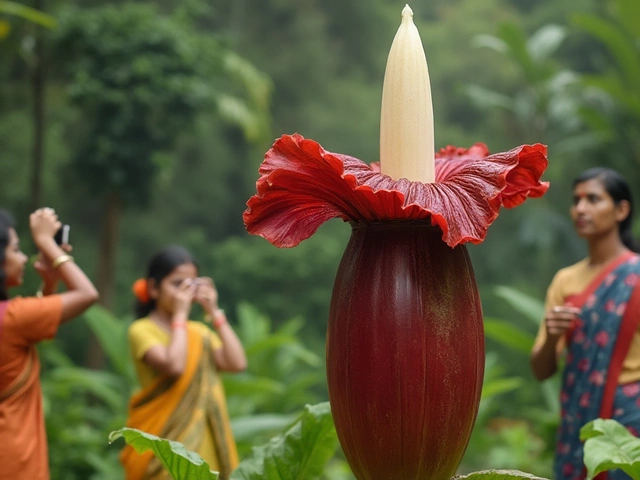Insect Repellent Guide: Simple, Natural Ways to Keep Garden Pests Away
Got bugs munching on your veggies or flowers? You don’t need chemicals to fight them. A few everyday items and smart planting tricks can turn your garden into a pest‑free zone. Below are hands‑on tips that work for Indian climates and won’t harm beneficial insects.
Quick DIY Repellent Recipes
Mixing your own sprays is cheap and effective. Start with a garlic‑pepper spray: blend two cloves of garlic, one hot pepper, a cup of water, and a teaspoon of liquid soap. Let it sit for a night, strain, and spray on leaves every 5‑7 days. The strong smell deters aphids, beetles, and caterpillars.
Neem oil is another farmer favorite. Dilute two tablespoons of cold‑pressed neem oil in a litre of water, add a few drops of soap, and spray early morning or late evening. It disrupts insect feeding and breeding without hurting pollinators.
For a citrus boost, grate the zest of a lemon or orange, add a cup of water, and let it steep for 24 hours. Spritz this around seedlings to keep whiteflies and spider mites at bay.
Smart Plant Choices to Deter Pests
Companion planting works like nature’s pest control. Plant marigolds next to tomatoes; their scent repels nematodes and aphids. Basil beside peppers scares off thrips, while rosemary under beans keeps bean beetles away.
Consider “sacrificial” crops that attract pests away from main produce. A small patch of nasturtium can lure aphids, sparing your lettuce and cucumbers. After a week, pull the infected nasturtiums and discard them.
Soil health also matters. A well‑drained, organic-rich bed encourages strong roots and reduces fungal pests. Add compost, coconut coir, and a pinch of rock phosphate to boost plant vigor.
Physical barriers are simple but often overlooked. Use fine mesh netting over seedlings to block moths and flies. A layer of mulch not only conserves moisture but also stops some soil‑dwelling insects from reaching the surface.
Lastly, keep a regular inspection schedule. Walk the rows weekly, look for bite marks, sticky residues, or tiny webs. Early detection lets you spot an outbreak before it spreads.
By mixing DIY sprays, thoughtful planting, and basic garden hygiene, you can protect your crops without harmful chemicals. These low‑cost, eco‑friendly steps keep pests in check and save you time and money in the long run.
Natural Aromas That Repel Bugs: What Scents Keep Pests Away?
Discover the natural scents that bugs despise most and learn how to use these aromas to keep pests away from your living space. This guide explores the science behind why certain smells are effective at repelling insects, shares practical tips for utilizing these scents at home, and delves into unconventional yet effective natural solutions for bug control. Whether you're dealing with mosquitoes, flies, ants, or other common pests, find out how to make your surroundings inhospitable to these unwanted guests without resorting to chemicals.
About
Pest Control
Latest Posts


Best Topography for Growing Rice: Key Insights
By Alden Thorne Feb 21, 2025

Is It Cheaper to Build Your Own Kitchen Garden?
By Alden Thorne Feb 17, 2026

Exploring India's Notorious Stinky Flower: The Titan Arum
By Alden Thorne Jan 26, 2025

